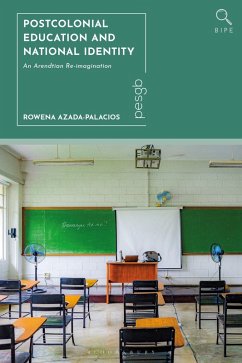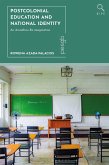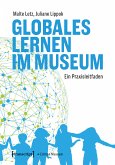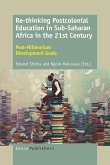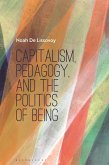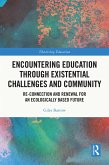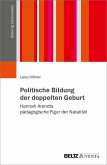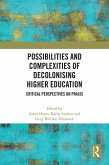Recognizing the strategic role that national identities play in post-colonial struggles for justice, this book conceptualizes a new approach to teaching national identity that, following Hannah Arendt, emphasizes children's ability to renew culture. The book uses the Philippine colonial experience as a case study, and includes a genealogy of Hannah Arendt's concept of the 'social', including an analysis of how she used this idea to explore the role that schools play within the political community. Azada-Palacios problematizes the way that national identity is valued as an educational goal in Philippine schools and the way that Philippine citizenship education continues to aspire towards a homogeneity of culture. Through an examination of colonial-era documents, she traces this characteristic of colonial history, and identifies this aspiration as an unreflective perpetuation of American colonial educational policy that has not been sufficiently criticized.
Bitte wählen Sie Ihr Anliegen aus.
Rechnungen
Retourenschein anfordern
Bestellstatus
Storno

